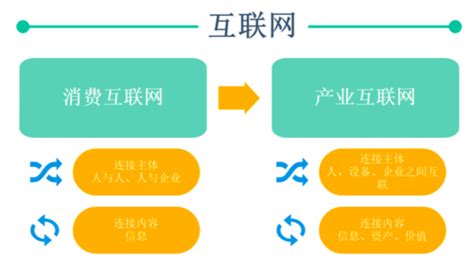Title: Exploring the Ecosystem of the Blockchain Industry
The blockchain industry ecosystem encompasses a diverse range of entities and technologies that collectively drive innovation, adoption, and growth within the sector. From cryptocurrencies to decentralized finance (DeFi) platforms, each component plays a crucial role in shaping the landscape of blockchain technology. Let's delve into the various elements that constitute the blockchain industry ecosystem:
1. Cryptocurrencies:
Cryptocurrencies serve as the foundation of the blockchain ecosystem. Bitcoin, Ethereum, and other digital currencies facilitate peertopeer transactions without the need for intermediaries. These currencies enable borderless and frictionless transfer of value, fostering financial inclusion and decentralization.
2. Blockchain Platforms:
Blockchain platforms provide the infrastructure for developing decentralized applications (DApps) and smart contracts. Ethereum, EOS, and TRON are prominent examples, offering developers tools to create innovative solutions across diverse sectors, including finance, supply chain, and healthcare.
3. Decentralized Finance (DeFi):
DeFi platforms leverage blockchain technology to revolutionize traditional financial services. Projects like Uniswap, Aave, and Compound enable decentralized lending, borrowing, trading, and yield farming, empowering users with greater control over their assets and financial activities.
4. NonFungible Tokens (NFTs):
NFTs represent unique digital assets recorded on a blockchain, enabling ownership and provenance verification. This technology has catalyzed the emergence of digital art marketplaces, gaming collectibles, and tokenized realworld assets, opening up new avenues for creators and investors.
5. Decentralized Exchanges (DEXs):
DEXs facilitate peertopeer trading of cryptocurrencies without relying on centralized intermediaries. Platforms like SushiSwap, PancakeSwap, and Uniswap enable users to exchange tokens securely and anonymously, enhancing liquidity and reducing counterparty risk.
6. Blockchain Oracles:
Blockchain oracles provide external data to smart contracts, enabling them to interact with realworld events. Projects such as Chainlink and Band Protocol ensure the integrity and accuracy of offchain data, enabling smart contracts to execute based on realtime information.
7. Enterprise Blockchain Solutions:
Enterprises leverage blockchain technology to streamline operations, enhance transparency, and reduce costs. Hyperledger, R3 Corda, and IBM Blockchain offer enterprisegrade solutions tailored to industries such as supply chain management, healthcare, and finance.
8. Governance and Interoperability:
Governance mechanisms ensure the sustainability and evolution of blockchain networks. Projects like Polkadot and Cosmos focus on interoperability, enabling different blockchains to communicate and share data seamlessly, fostering collaboration and scalability.
9. Regulatory Frameworks:
Regulatory frameworks play a crucial role in shaping the adoption and growth of the blockchain industry. Governments worldwide are developing policies to address legal and compliance challenges while fostering innovation and protecting investors.
10. Education and Research:

Education and research initiatives drive awareness and understanding of blockchain technology. Universities, research institutions, and online platforms offer courses, certifications, and publications to educate professionals and enthusiasts about blockchain's potential and implications.
Conclusion:
The blockchain industry ecosystem is dynamic and multifaceted, comprising various entities and technologies that collectively drive innovation and adoption. From cryptocurrencies and decentralized finance to enterprise solutions and regulatory frameworks, each component plays a vital role in shaping the future of decentralized technology. Embracing collaboration, innovation, and responsible governance is essential to realizing the full potential of blockchain and driving positive societal impact.
标签: 构建区块链产业生态实现链满天下 区块链包括哪三类 区块链生态谷是什么 区块链对我们生产生活的影响 区块链中的生态是什么意思







